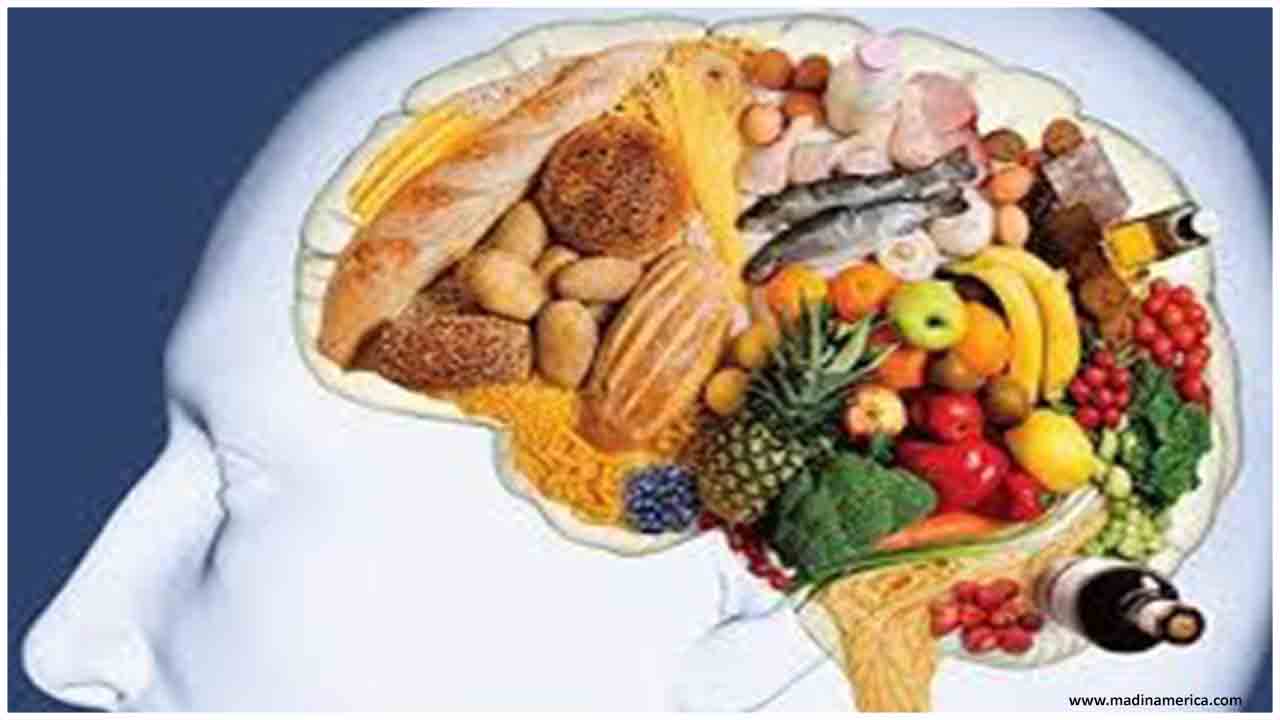We are aware that the food you eat affects our body. There have been many studies that have shown that there is a considerable connection between the food choices that we make towards our overall health. Eating a healthy meal along with a good physical routine helps us to maintain a healthy body weight and a healthy heart thus helping in reducing the risk of developing any kind of chronic diseases going forward.
New research finds that your food choices may also affect your mood and mental health. This is sometimes called the “food-mood connection.”
Path to improved health
There have not been many studies about the “food-mood connection” but whatever that has been done, have shown mixed results. In some of the studies, it was seen that people who don’t have a healthy diet were more likely to report symptoms of depression or other mental health issues hence suggesting some association between certain nutrients in food and emotional well being. These nutrients include omega-3 fatty acids, folic acid, vitamin D, magnesium, B vitamins, and tryptophan. These are all found in foods that are part of a healthy diet.
For now, the best way to use nutrition to support your mental health is to focus on your overall dietary patterns. A healthy, balanced diet should include:
Fruits and vegetables Whole grains Low-fat dairy Lean protein Limited amounts of sodium, saturated fat, and added sugar.The Mediterranean diet has been shown to have a beneficial diet for overall health and brain health. A study done by A Sanchez-Villegas, et al, in 2006, on Mediterranean diet and depression showed that the adherence to a Mediterranean Dietary Pattern which ensures an adequate eating a variety of nutrient-rich foods such as fish, fruits and vegetables, beans, and whole grains. It also limits high-calorie, low-nutrient foods and such important sources of nutrients have been linked to depression prevention.
Another study by Author links open overlay panel Natalie Parletta, et al, in 2013 on Nutritional modulation of cognitive function and mental health, suggests that a Mediterranean-style diet can facilitate healthy brain function. The role of selected nutrients are known to be high in antioxidants, omega-3 fatty acids and B vitamins which is studied and proved to have a positive effect on the brain and in turn have a modulation of cognitive function and mental health.
Hence, a healthy diet could be as important to mental health as it is to physical health.
Mental illness is serious. In some cases, it can even be life-threatening. If you are struggling with mental health issues, talk to your family doctor. He or she can help you find the right type of treatment and support.
The importance of good nutritional intake since an early age is has been studied in multiple studies, which suggests that a poor diet which are high levels of saturated fat, refined carbohydrates and processed food products, which is linked to lower mental health in children and adolescents.
Also, there are a range of inequalities that can contribute to the development of mental health problems. Other factors such as poorer physical health, living in poverty, bad environment or communities, have been found to be associated with poorer mental health and wellbeing. Both these inequality factors have also been shown to have a complex relationship with poor nutrition and how these factors interact with each other to affect mental health can be complex. .
The relationship between obesity and mental health problems is also a topic of concern. Poor nutrition can lead to physical health issues such as obesity, though there are a number of other factors that could affect the direction and or strength of the association with mental health including severity of obesity, socioeconomic status, food availability and level of education, gender, age and ethnicity. Results from a 2010 systematic review found two-way associations between depression and obesity, finding that people who were obese had a 55% increased risk of developing depression over time, whereas people experiencing depression had a 58% increased risk of becoming obese.
There have been efforts to close the ‘mortality gap’ for people with severe mental health problems, who on average tend to die 10 to 25 years earlier than the general population. A number of factors may contribute to this premature mortality, including dietary and nutritional factors, among other things.
While a healthy diet can help recovery, it should sit alongside other treatments recommended by your doctor.
A Sánchez-Villegas, Mediterranean diet and depression, Volume 9, Issue 8A, December 2006 , pp. 1104-1109 https://www.cambridge.org/core/journals/public-health-nutrition/article/mediterranean-diet-and-depression/67F265CA11470ADC1C9AD2838B7340B7

 New research finds that your food choices may also affect your mood and mental health. This is sometimes called the “food-mood connection.â€
New research finds that your food choices may also affect your mood and mental health. This is sometimes called the “food-mood connection.â€









.jpeg)



.jpg)




.jpg)





.jpeg)

.jpg)


